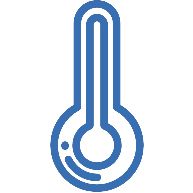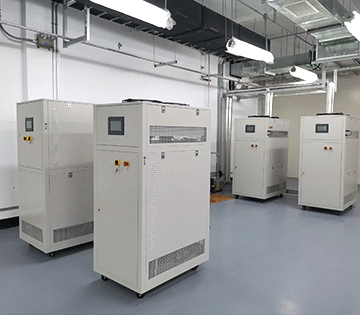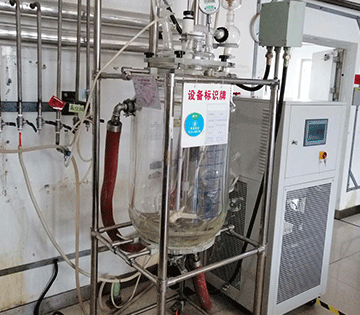ALL reFRIGERATION chillers model
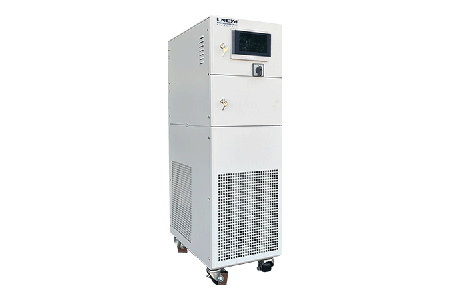
LTZ +5℃-90℃
glycol chillers
Cooling capacity 4kW~20kW
Heating power 3.5kW~15kW
temperature accuracy ±0.3℃
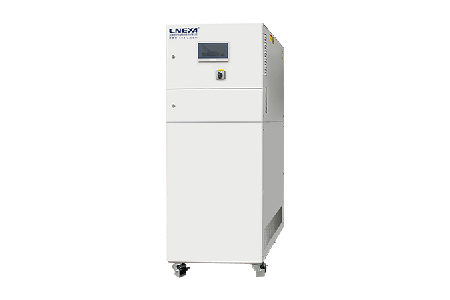
LTZ -40℃~90℃
fluid chillers
Cooling capacity 0.7kW~11.5kW
Heating power 2.5kW~10kW
temperature accuracy ±0.3℃
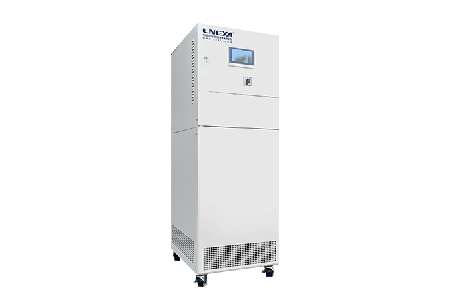
LTZ +5℃~30℃
laboratory chillers
Cooling capacity 23kW~155kW
Circulation Pump MAX 5m³/h~28m³/h 2bar
temperature accuracy ±0.5℃

LTZ -25℃~30℃
sub zero chillers
Cooling capacity 7kW~64.5kW
Circulation Pump MAX 2.5m³/h~15m³/h 2bar
temperature accuracy ±0.5℃

LTZ -45℃~20℃
coolant chillers
Cooling capacity 5.7kW~32.4kW
Circulation Pump MAX 1.5m³/h~7.7m³/h 2bar
temperature accuracy ±0.5℃

LTZ -60℃~-30℃
air cooled chillers
Cooling capacity 6.2kW~31.7kW
Circulation Pump MAX 2.4m³/h~12.1m³/h 2bar
temperature accuracy ±0.5℃

LTZ -80℃~-50℃
water cooled chillers
Cooling capacity 3.7kW~30kW
Circulation Pump MAX 2.3m³/h~12m³/h 2bar
temperature accuracy ±0.5℃

LTZ -115℃~-80℃
cryogenic chillers
cooling capacity 0.6kW~2.8kW
Circulation Pump MAX 20L/min~40L/min 2bar
temperature accuracy ±0.5℃
 LNEYA Industrial Chillers Manufacturer Supplier
LNEYA Industrial Chillers Manufacturer Supplier












